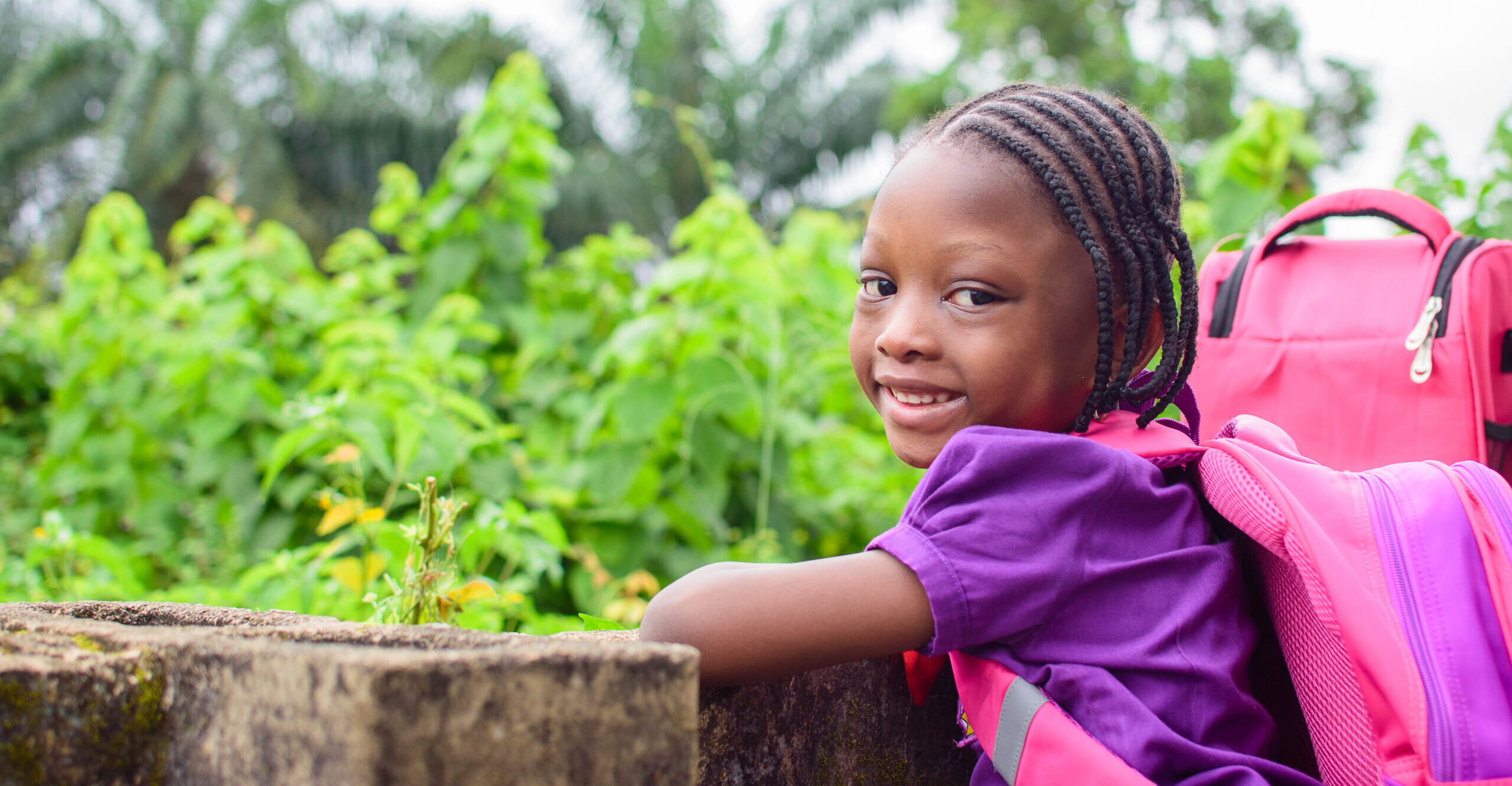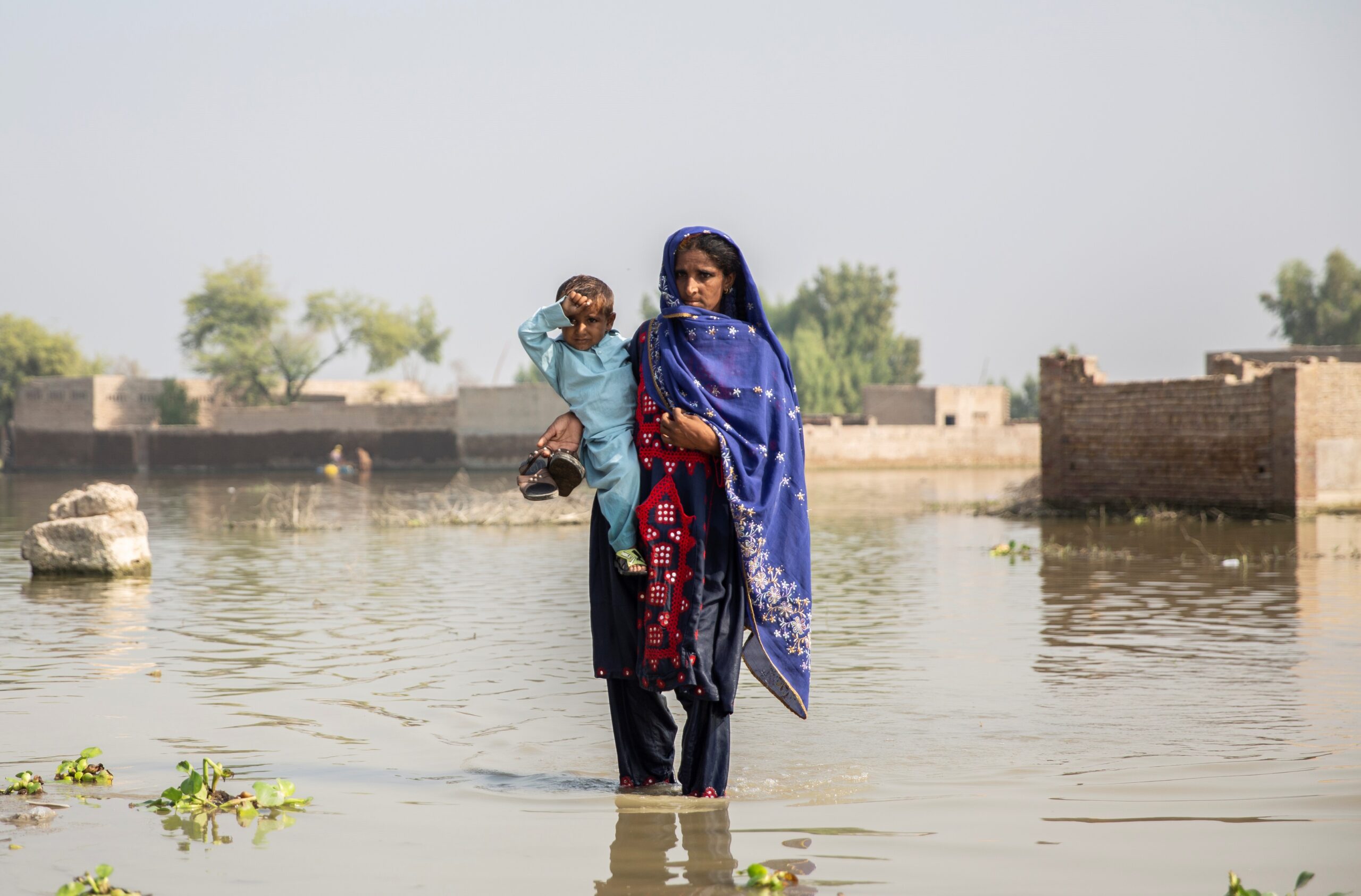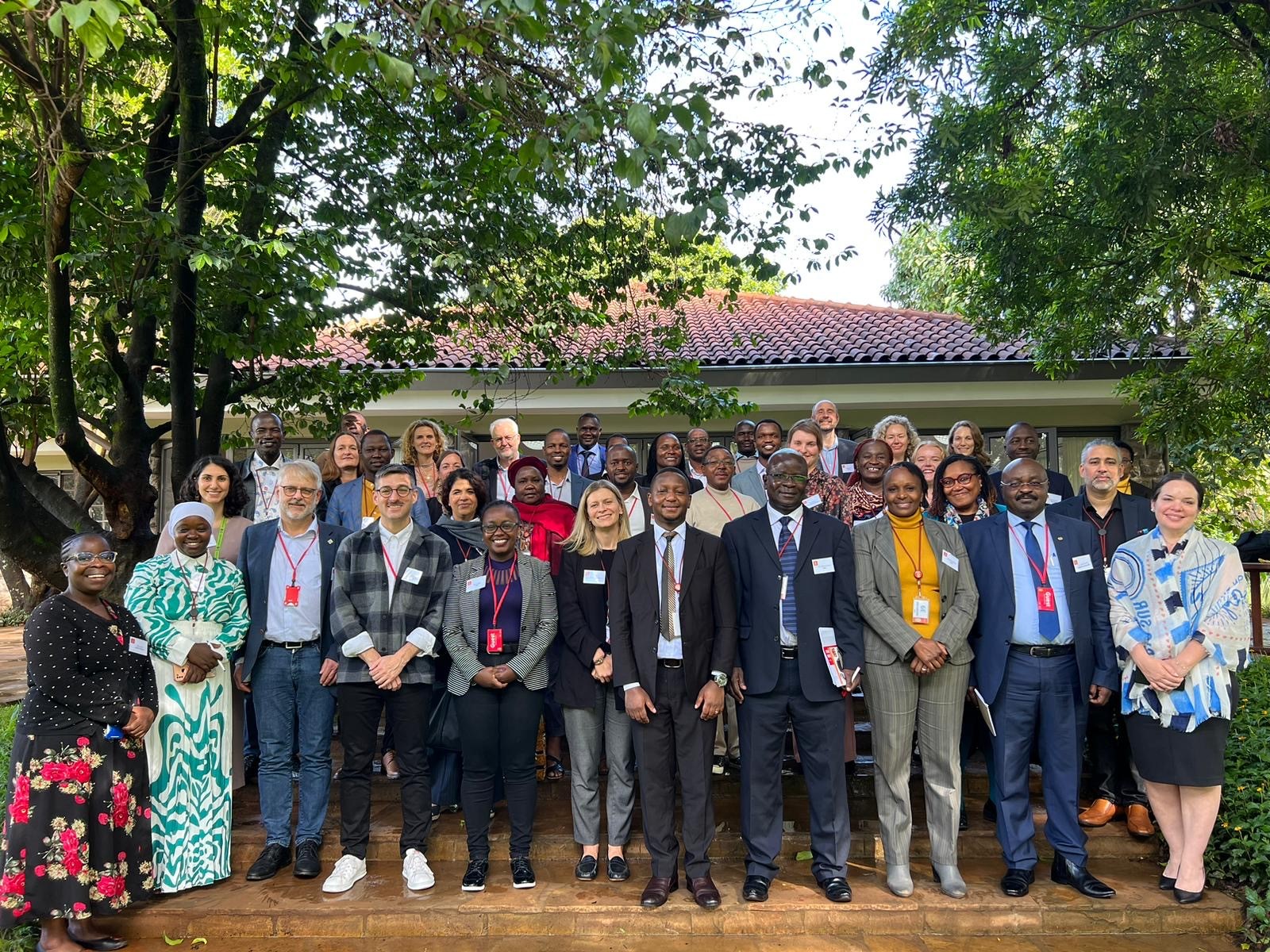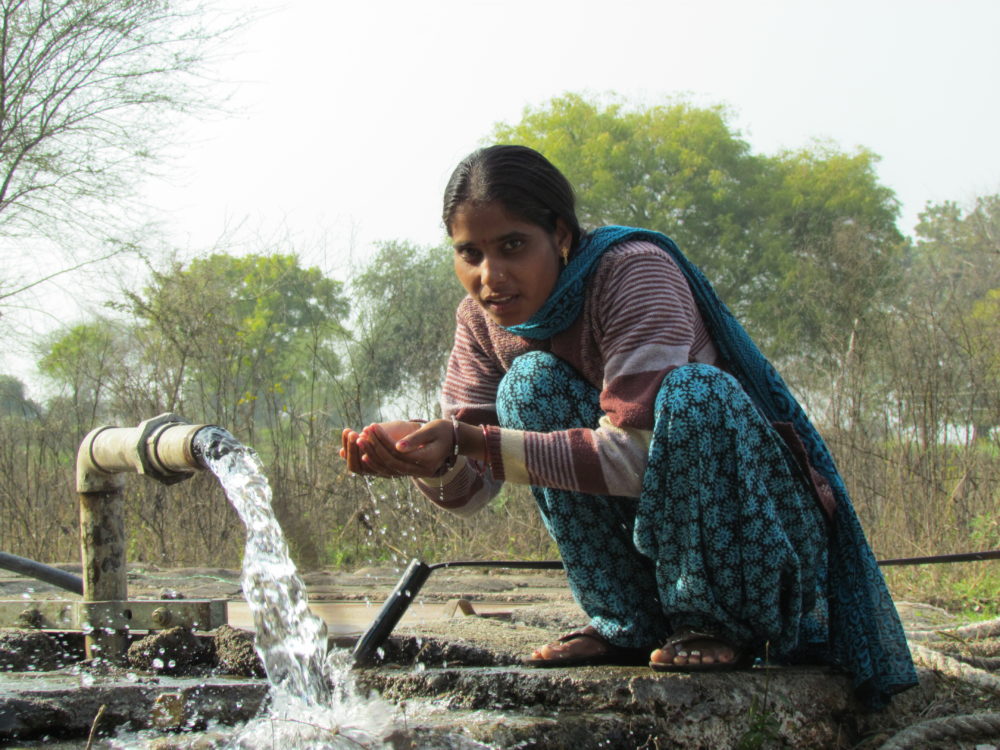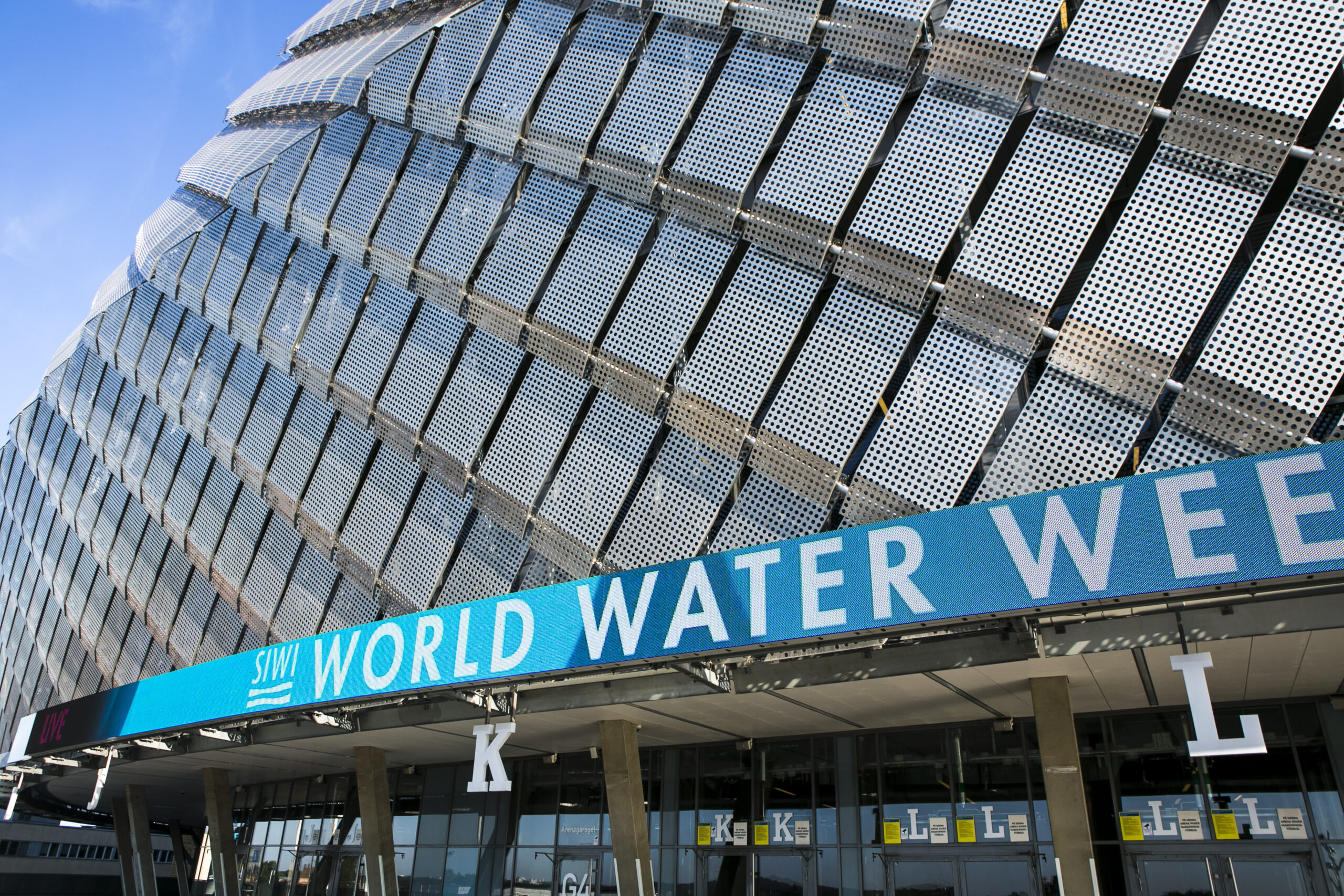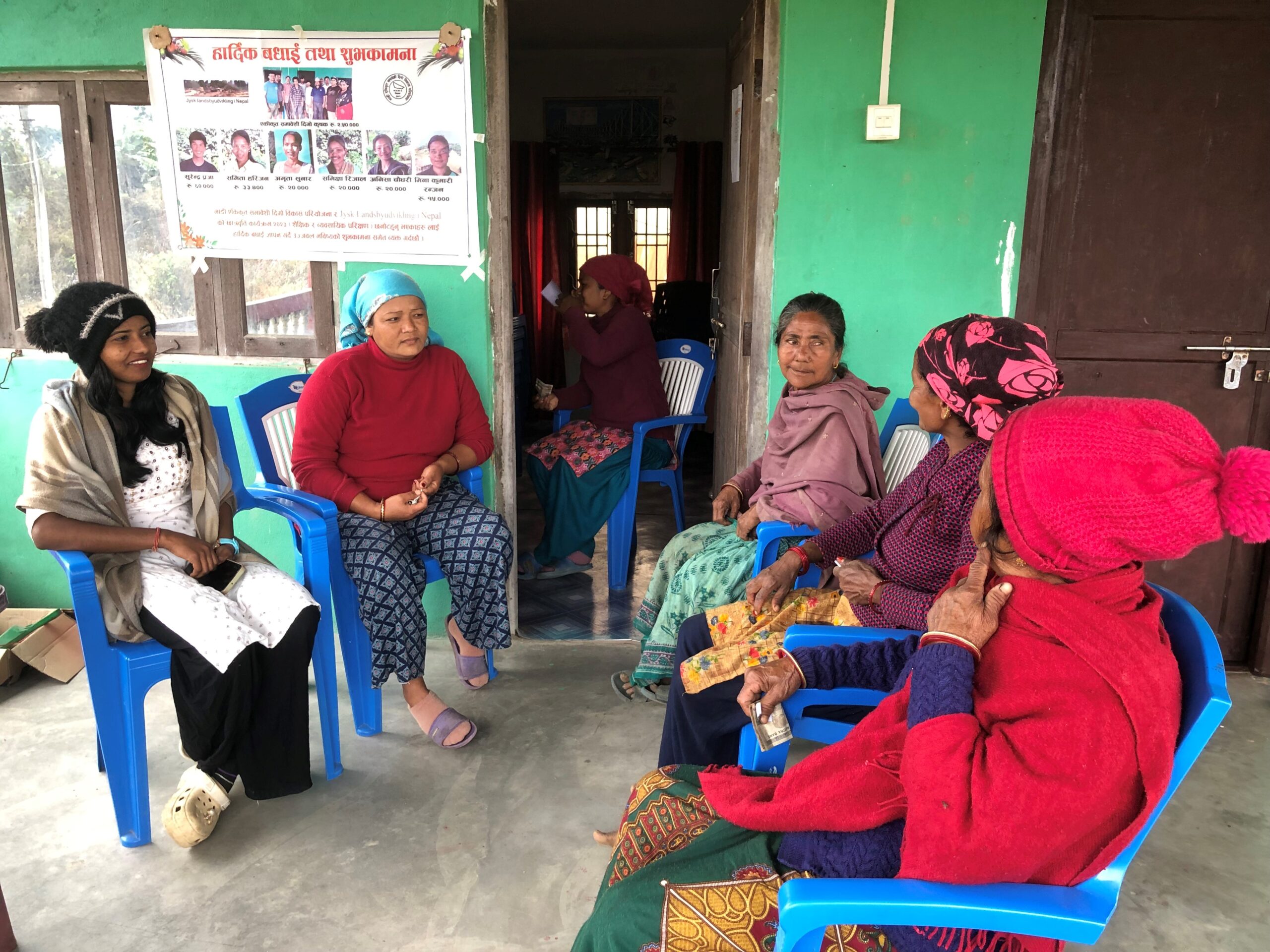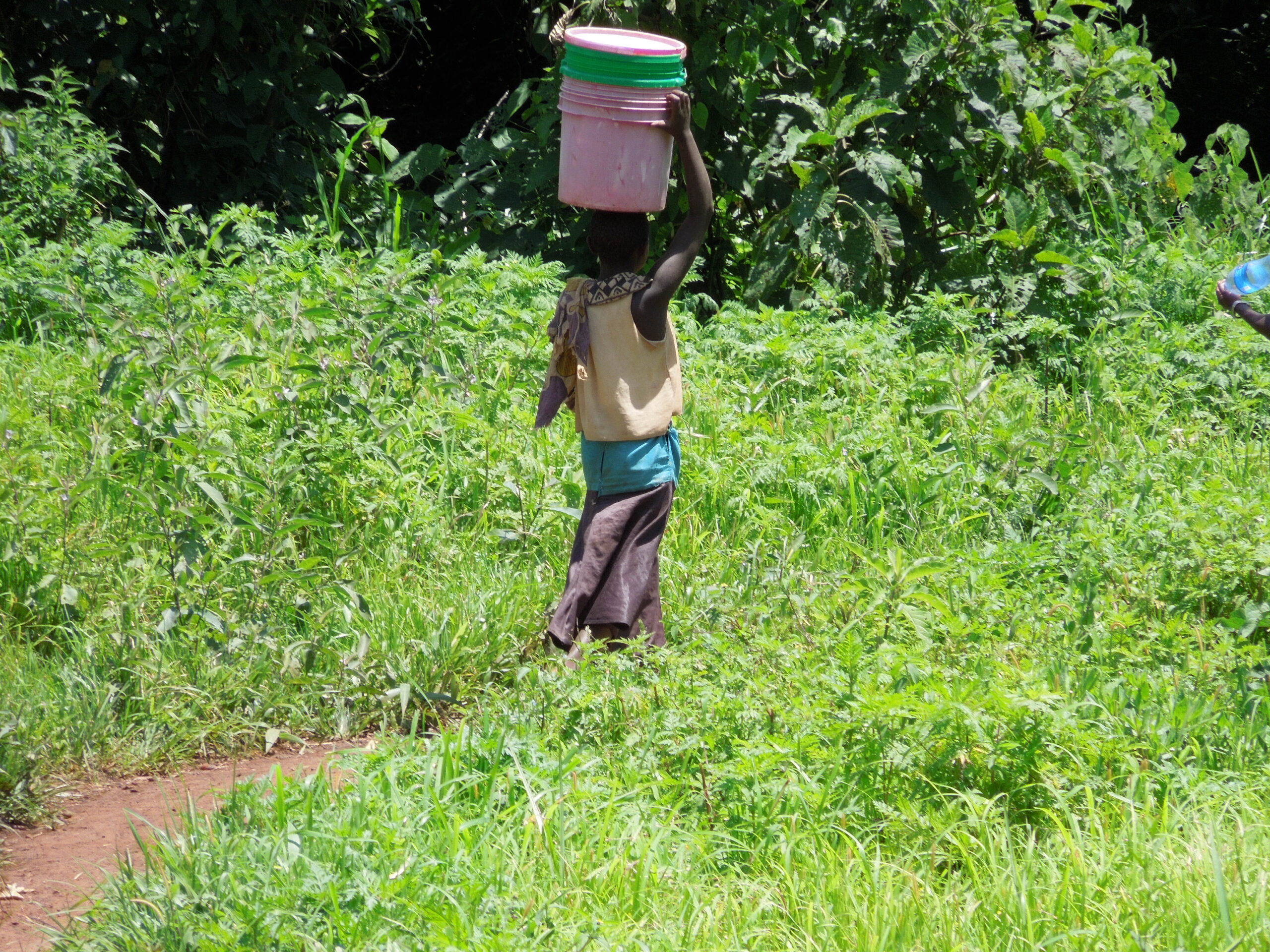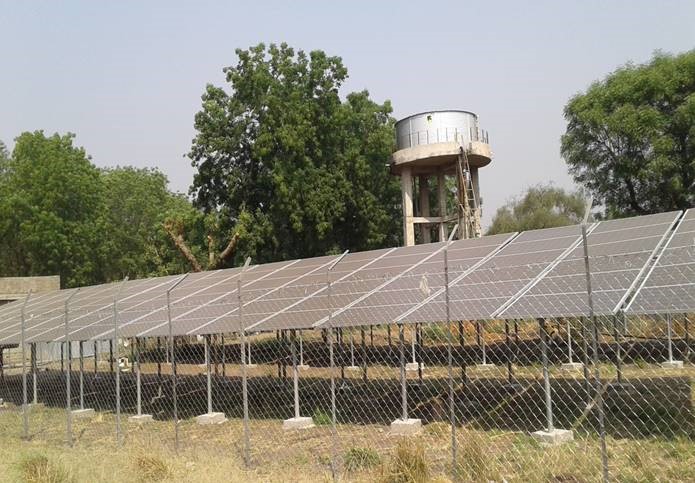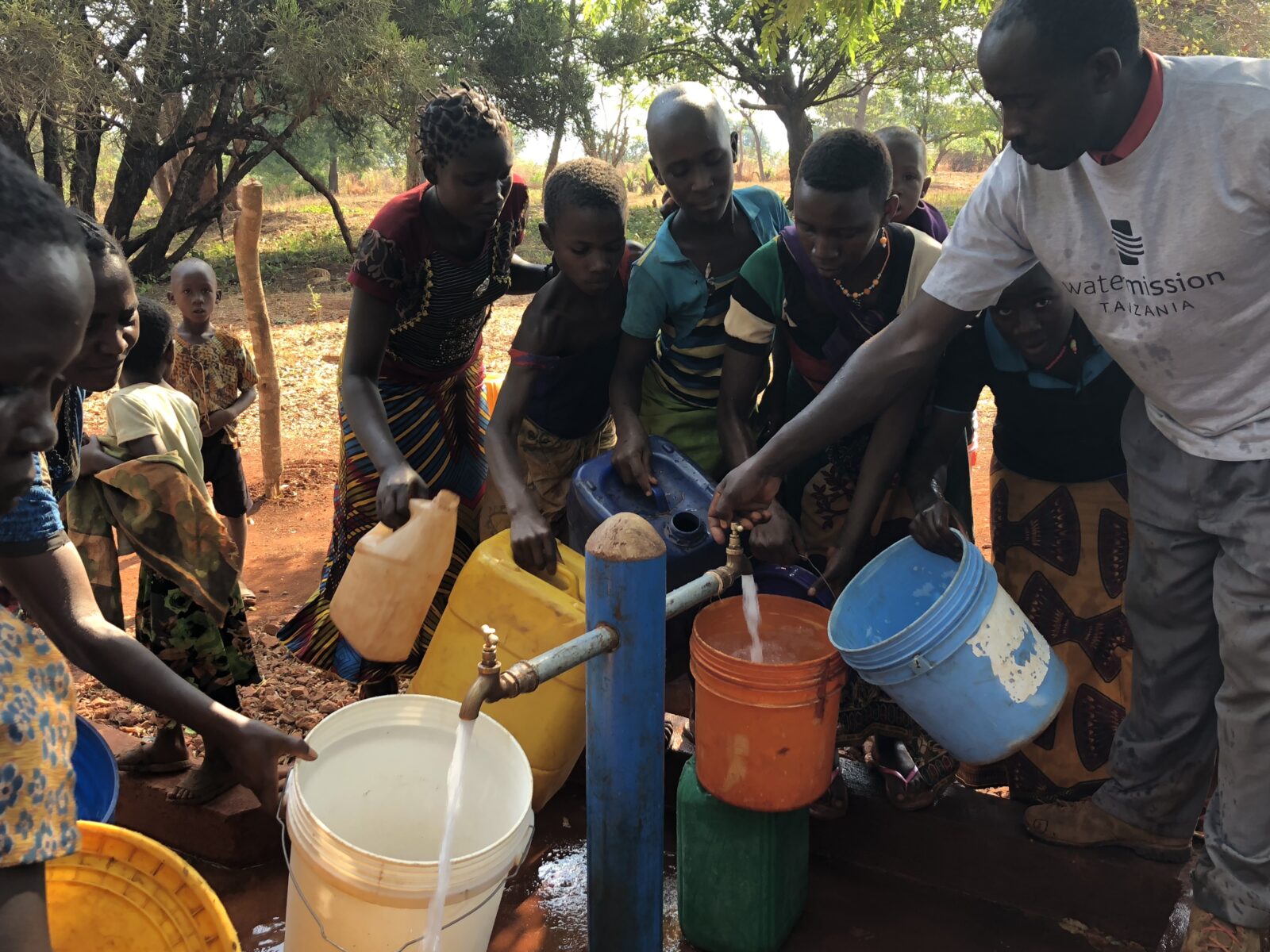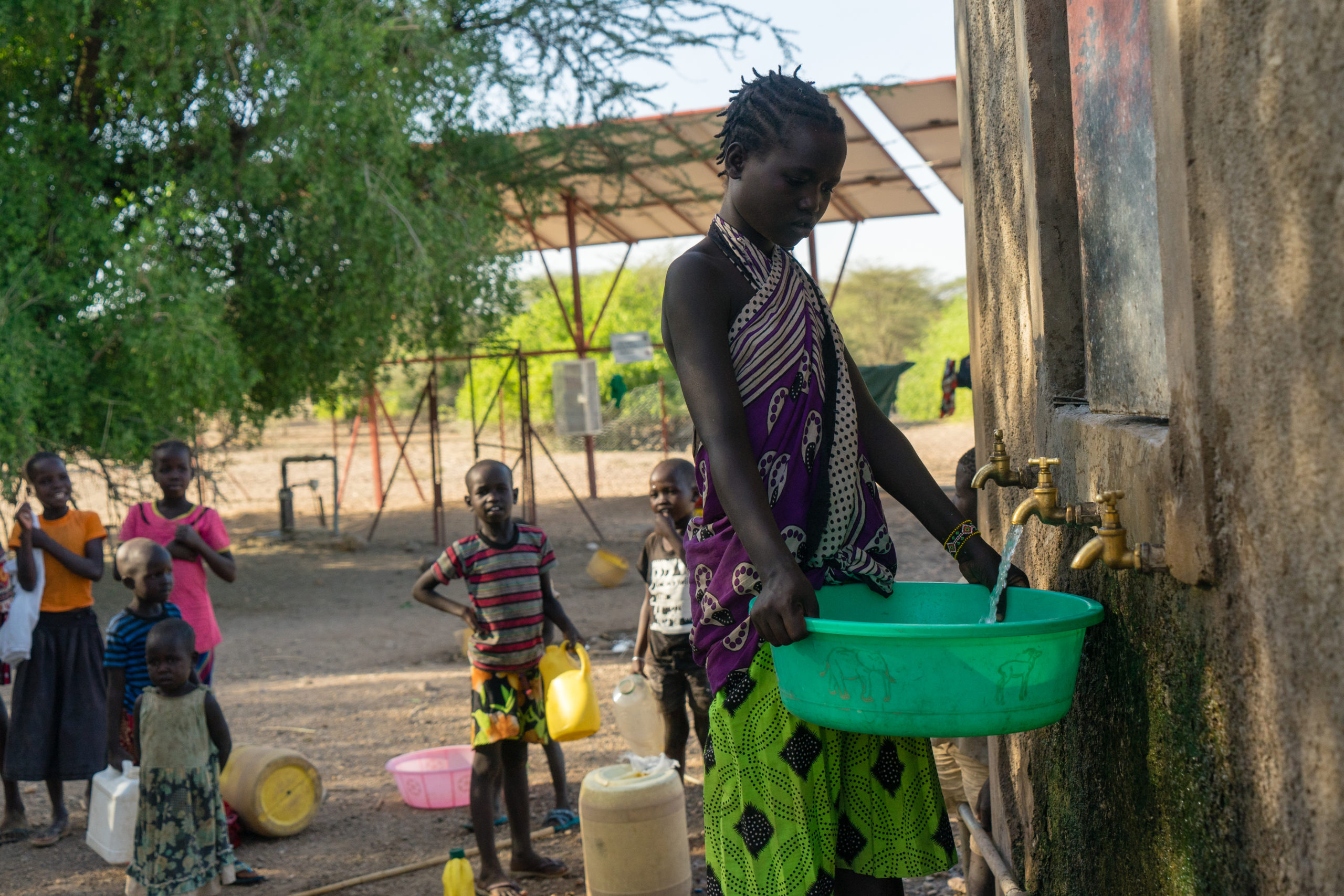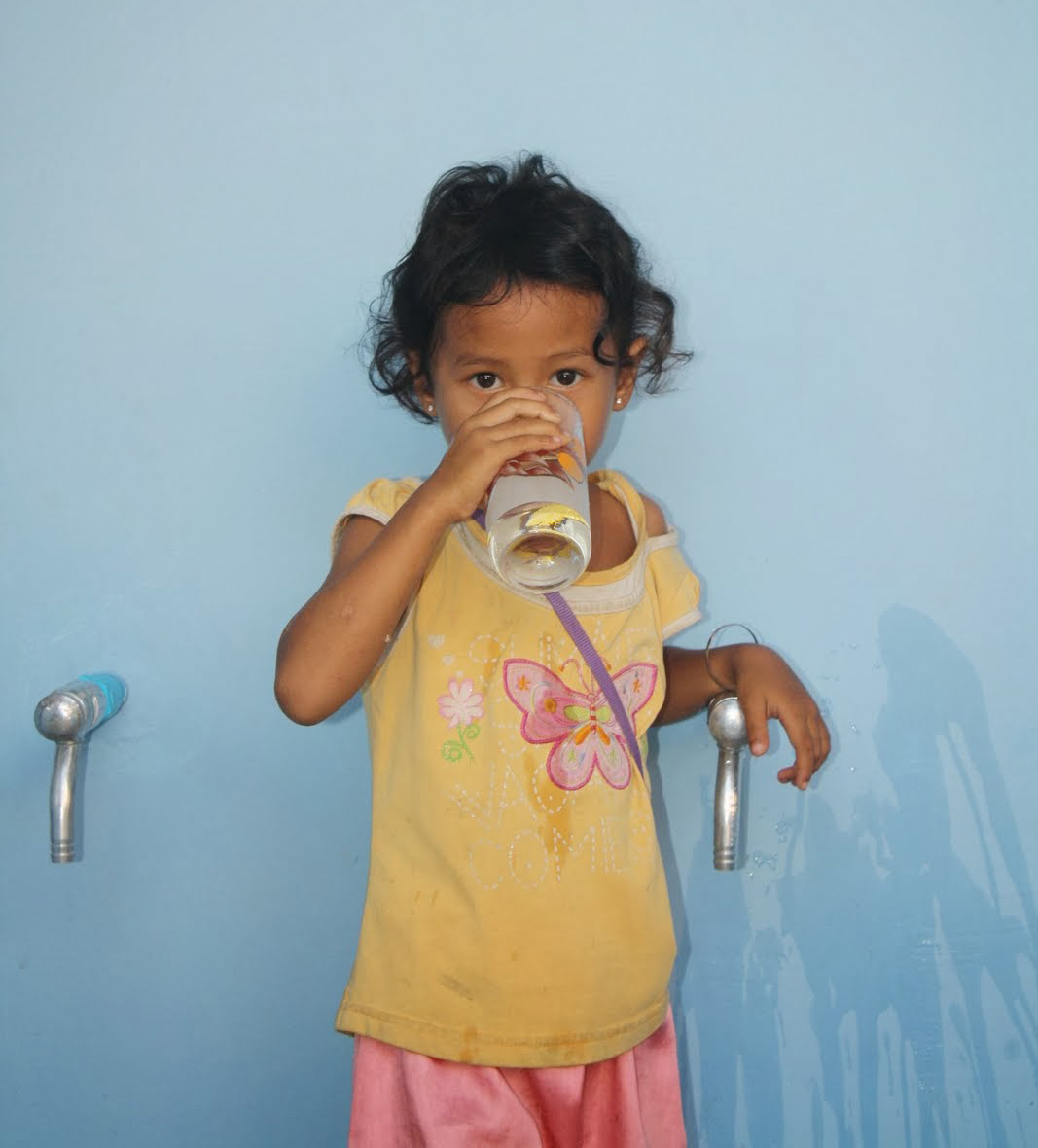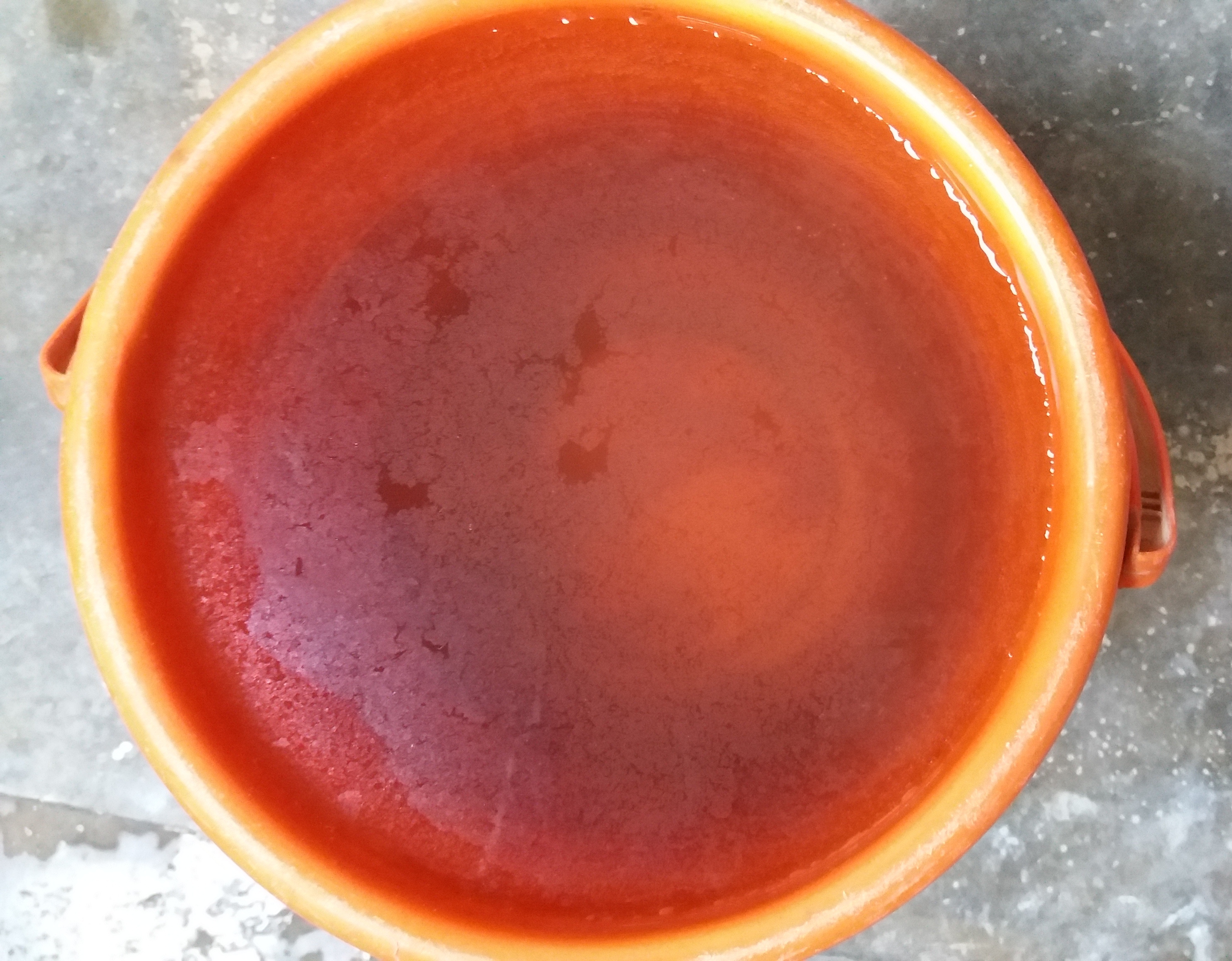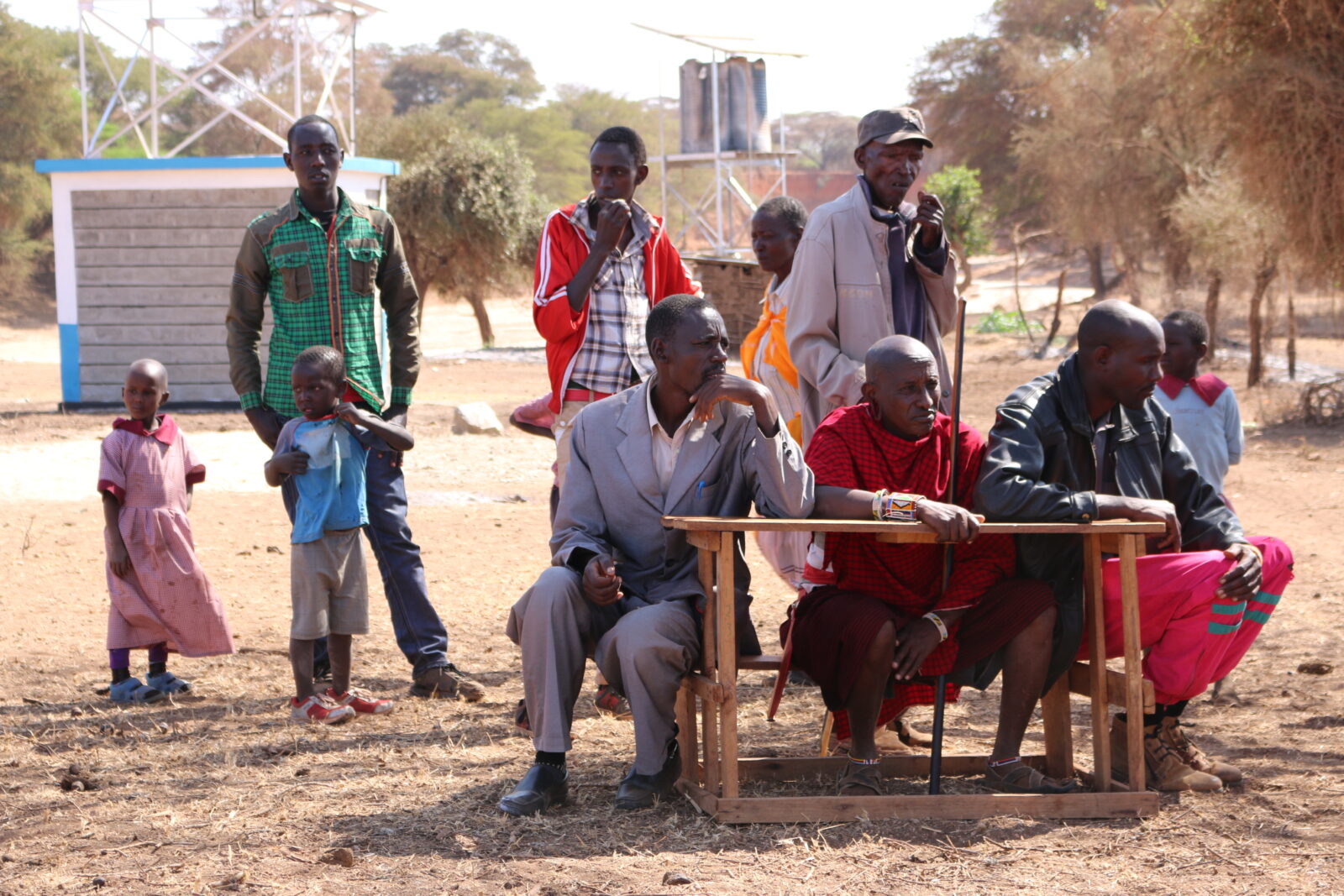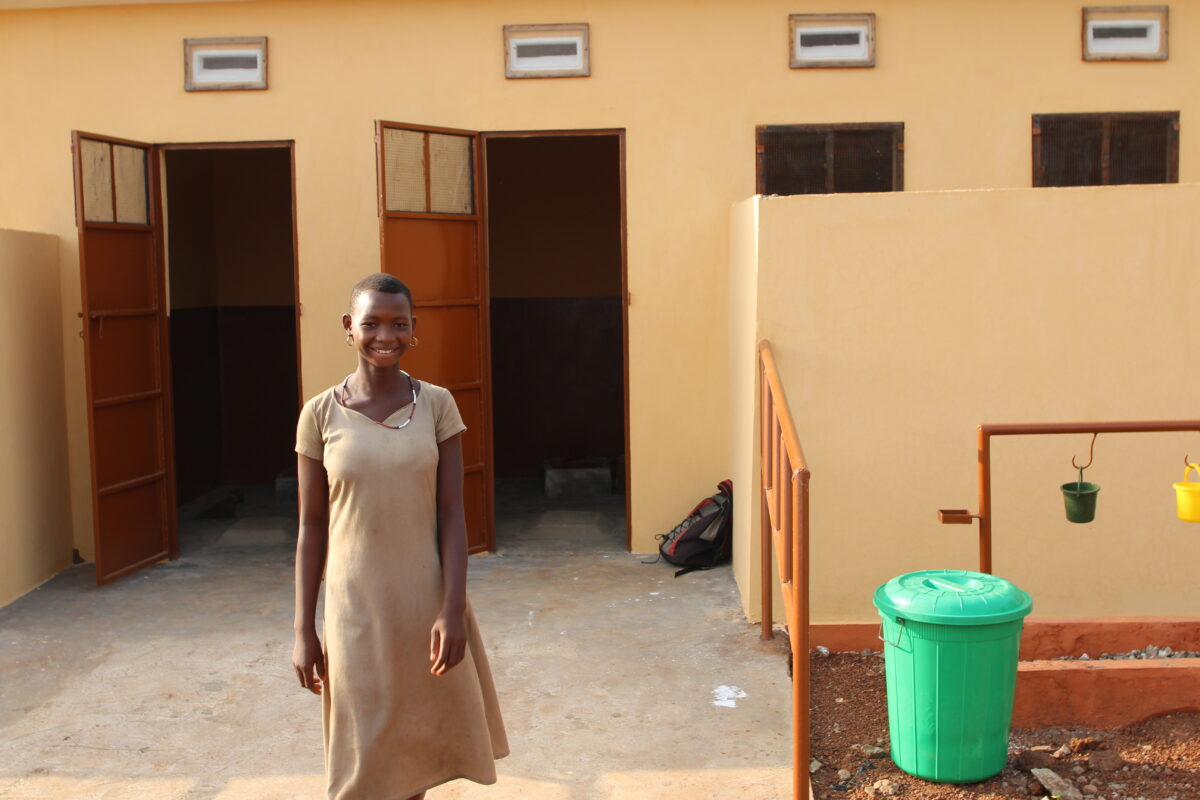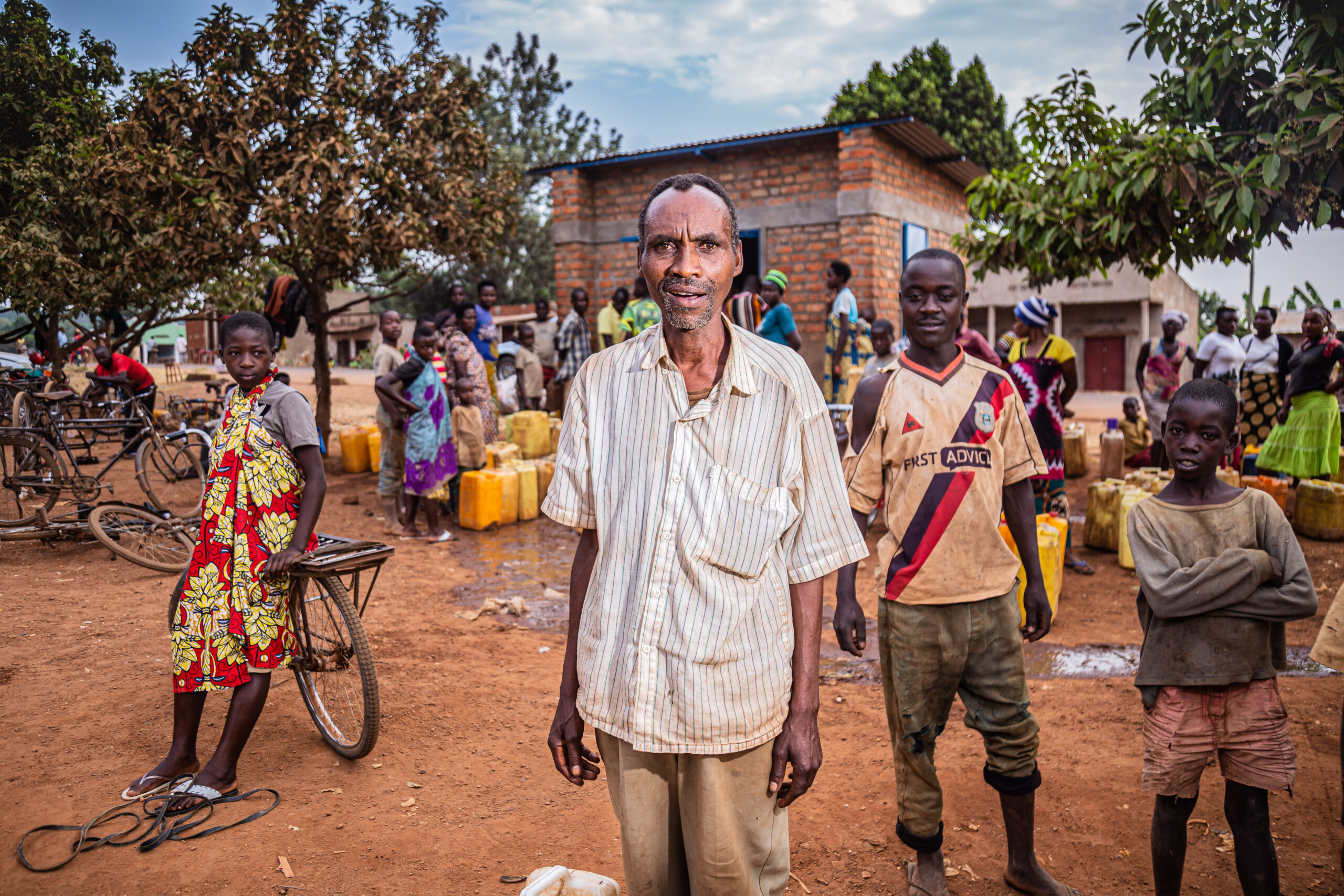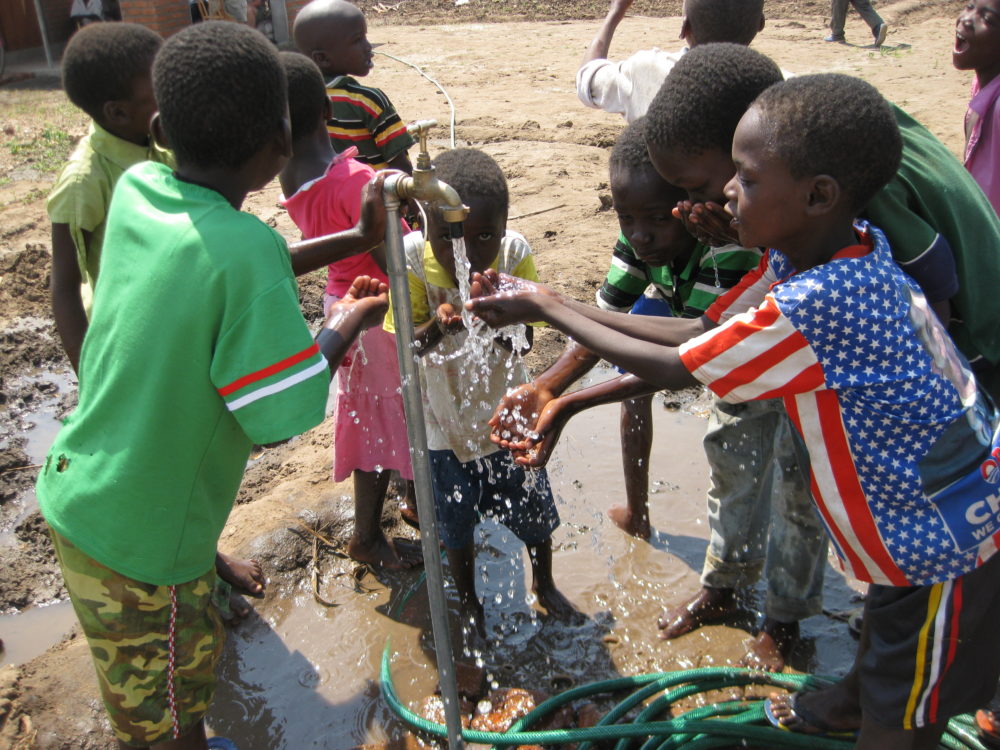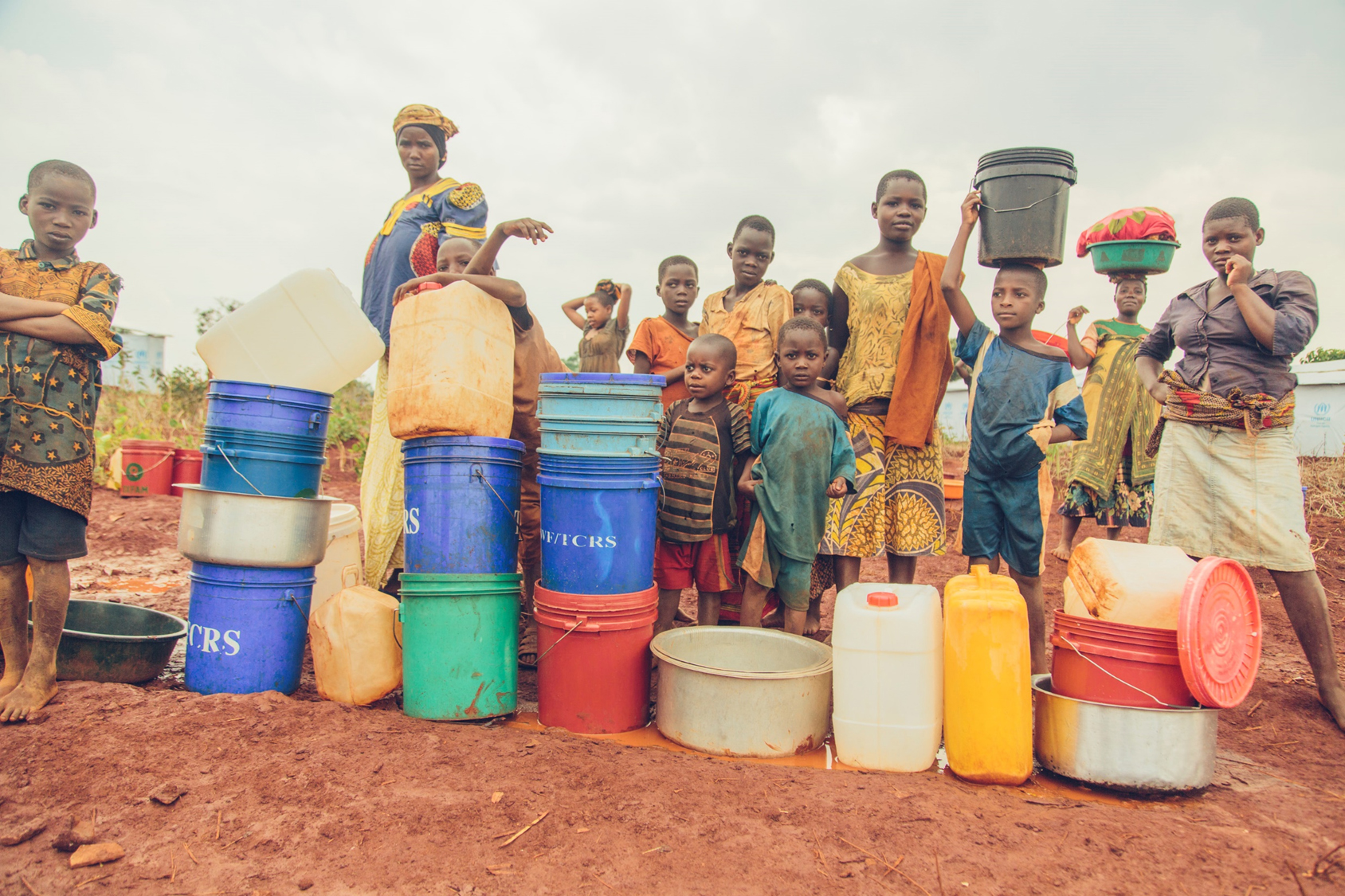UNHCR works to ensure people forced to flee can access life-saving services, including access to water. In humanitarian emergencies, diesel-powered water pumps are commonly used to rapidly set up water services for refugees and other forcibly displaced people. However, in addition to the negative environmental impact these generators have, diesel-powered systems also have high operating costs and contribute to local air pollution.
- At Global Refugee Forum in December 2025, the Grundfos Foundation pledged $3 million to expand the Project Flow innovative financing mechanism, advancing solar powered water systems in refugee settings. Read more
UNHCR is working hard to transition water services to renewable energy and has over the past decade solarized more than half of its water pumps through traditional grant funding. To accelerate these efforts, UNHCR has established Project Flow, an initiative that uses an innovative financing model to solarize water systems in climate-vulnerable countries.
Through multiple rounds of investments, Project Flow aims to bring the benefits of solar energy to over 1 million refugees and host community members by solarizing more than 100 water systems and health clinics. This transition from diesel-powered systems to renewable solar energy is expected to reduce 60,000 tons of CO2 emissions over a 10-year period, while also decreasing the operational costs.
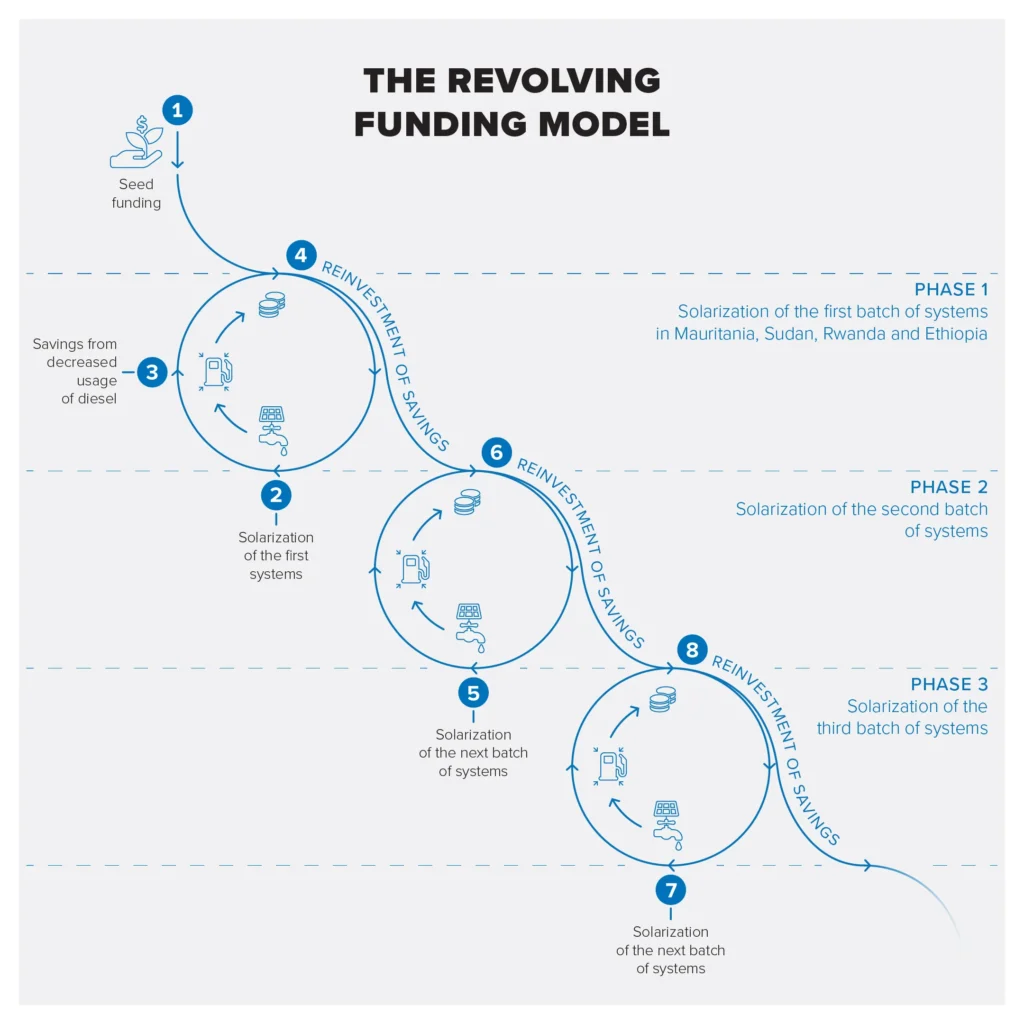
Graphic: UNHCR. Download fact sheet
The innovative financing mechanism of Project Flow
Central to Project Flow is the innovative revolving financing mechanism, designed to address the dual challenge of high upfront cost of solar systems and limited annual budgets of UNHCR’s country operations. Project Flow covers the initial investment required for solarization, which is then repaid over time using the savings generated from reduced fuel usage. These repayments enable Project Flow to reinvest in new solar projects, creating a continuous cycle of solar investments, savings and positive impact for people and planet.
The innovative financing mechanism makes Project Flow up to 70% more cost-effective than traditional grants and enables operations to prioritize long-term sustainability without diverting resources from life-saving responses.
Over 1 million refugees and hosts reached during first phase
Project Flow is now well underway, with the first country operations already benefiting from its impact. The first phase of implementation includes:
- Solar feasibility studies completed in six countries: Ethiopia, Mauritania, Rwanda, Sudan, South Sudan, and Zambia.
- 25 water systems and health facilities selected for solarization with solar implementation during 2025 and 2026.
- These systems are expected to benefit more than 1 million people, while mitigating more than 1,400 tons of CO₂ emissions every year and saving operations $0.3 yearly for every dollar invested.
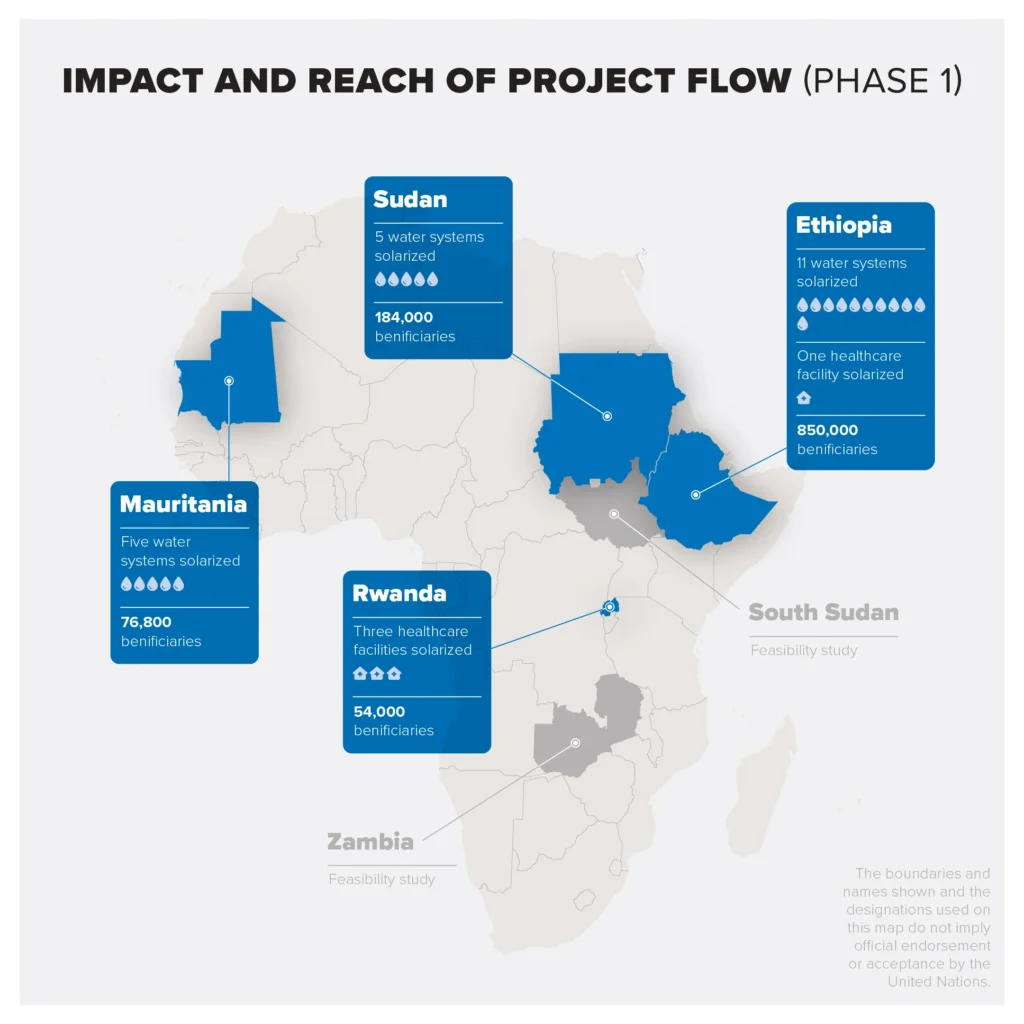
Graphic: UNHCR
Enabled by the revolving nature of the fund, a second wave of feasibility studies is already in preparation to expand Project Flow to more countries and communities.
Beyond solarizing water systems, Project Flow also supports the solarization of health clinics, improving access to health services for refugees and host communities.
Learn more
Project Flow is part of UNHCR’s Strategic Framework for Climate Action in response to the growing global climate emergency and is a key initiative under UNHCR’s Operational Strategy for Climate Resilience and Environmental Sustainability 2022-2025.
- To learn more about Project Flow, partnership opportunities, or implementation updates, please contact UNHCR’s Technical Support Section



